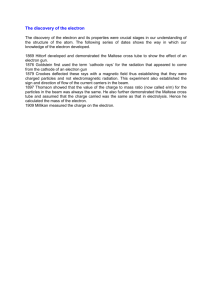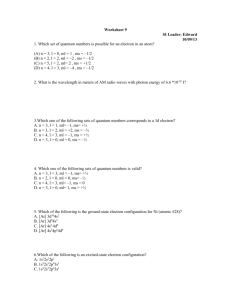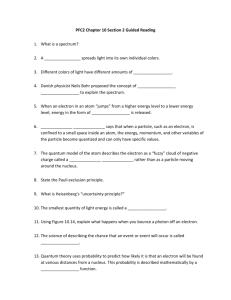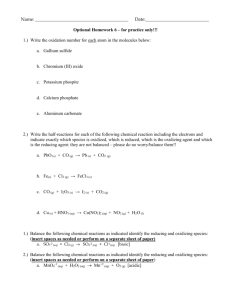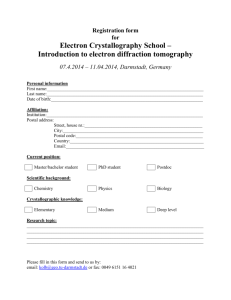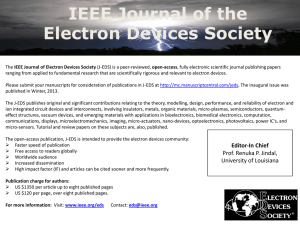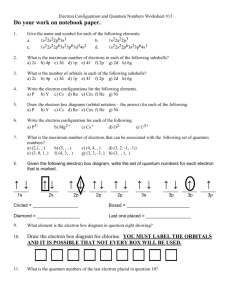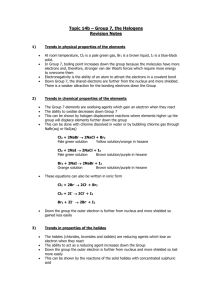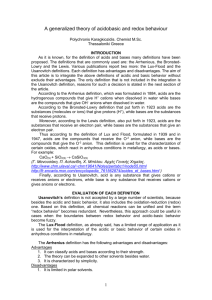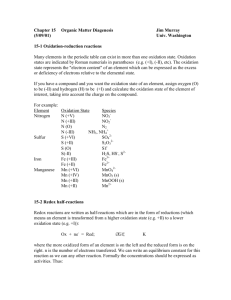The Biomolecular Electronics Research Laboratory is
advertisement
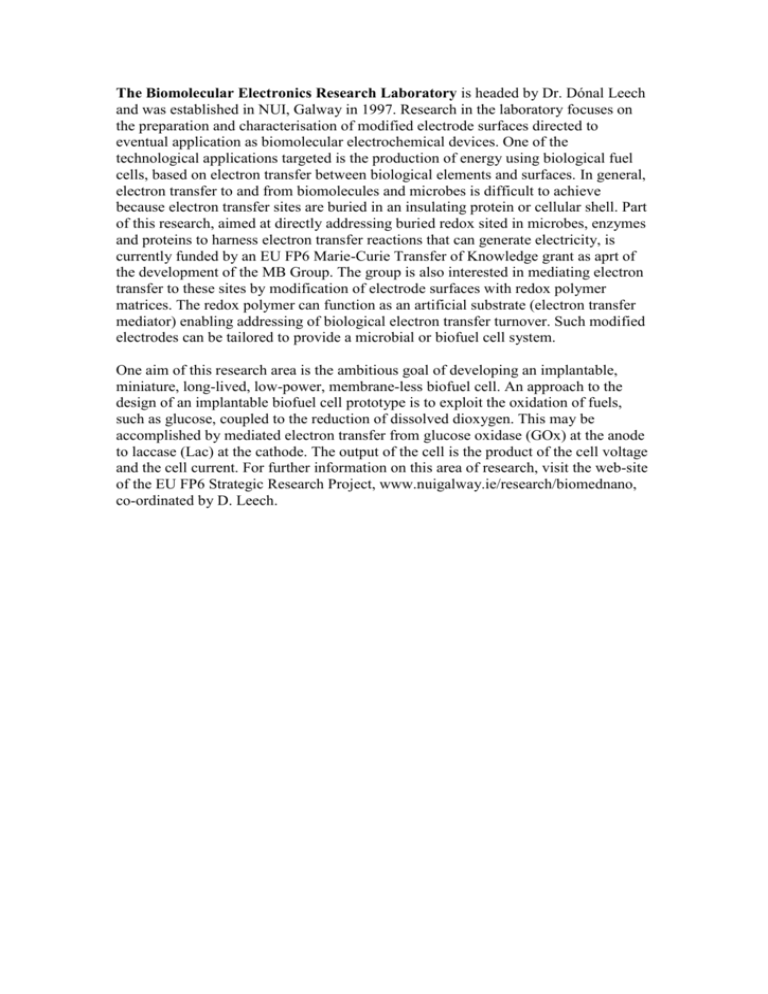
The Biomolecular Electronics Research Laboratory is headed by Dr. Dónal Leech and was established in NUI, Galway in 1997. Research in the laboratory focuses on the preparation and characterisation of modified electrode surfaces directed to eventual application as biomolecular electrochemical devices. One of the technological applications targeted is the production of energy using biological fuel cells, based on electron transfer between biological elements and surfaces. In general, electron transfer to and from biomolecules and microbes is difficult to achieve because electron transfer sites are buried in an insulating protein or cellular shell. Part of this research, aimed at directly addressing buried redox sited in microbes, enzymes and proteins to harness electron transfer reactions that can generate electricity, is currently funded by an EU FP6 Marie-Curie Transfer of Knowledge grant as aprt of the development of the MB Group. The group is also interested in mediating electron transfer to these sites by modification of electrode surfaces with redox polymer matrices. The redox polymer can function as an artificial substrate (electron transfer mediator) enabling addressing of biological electron transfer turnover. Such modified electrodes can be tailored to provide a microbial or biofuel cell system. One aim of this research area is the ambitious goal of developing an implantable, miniature, long-lived, low-power, membrane-less biofuel cell. An approach to the design of an implantable biofuel cell prototype is to exploit the oxidation of fuels, such as glucose, coupled to the reduction of dissolved dioxygen. This may be accomplished by mediated electron transfer from glucose oxidase (GOx) at the anode to laccase (Lac) at the cathode. The output of the cell is the product of the cell voltage and the cell current. For further information on this area of research, visit the web-site of the EU FP6 Strategic Research Project, www.nuigalway.ie/research/biomednano, co-ordinated by D. Leech.

